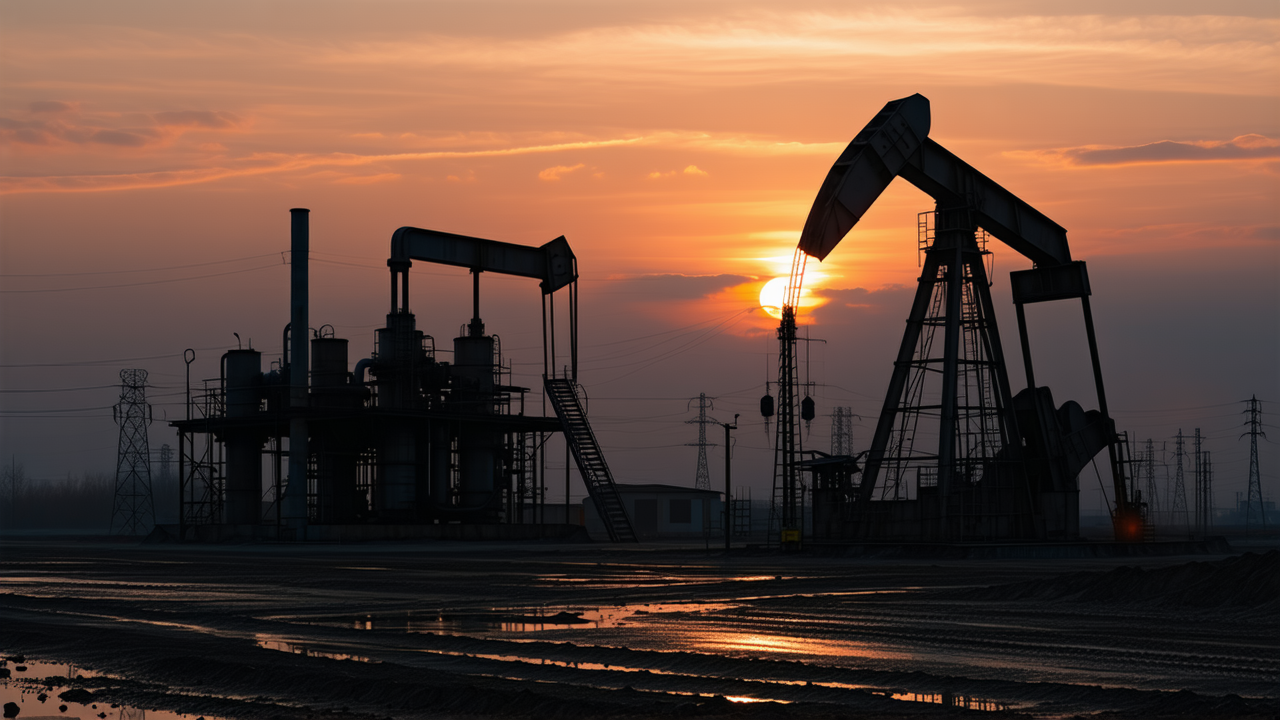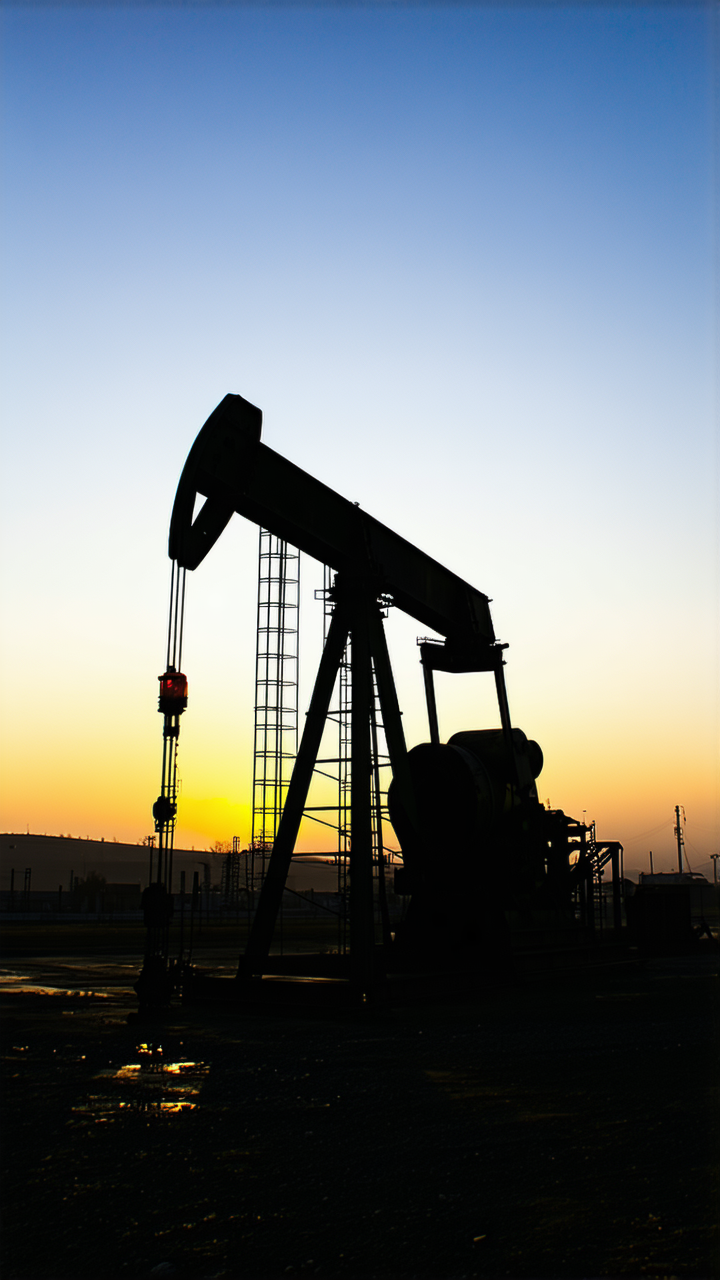The Great Gas Gambit: Why Drilling for Fossil Fuels Isn't the Solution to New Zealand's Energy Crisis
The Great Gas Gambit: Why Drilling for Fossil Fuels Isn't the Solution to New Zealand's Energy Crisis
As New Zealand grapples with a growing energy crisis, the government has turned to an old playbook—drilling for more fossil fuels. But with gas reserves dwindling and demand surging, many are questioning whether this strategy will actually solve the problem or deepen the challenges ahead.
A Crisis in the Making
John Burling, a Taranaki businessman, recalls the moment his gas company announced a 40 percent price hike. It was a wake-up call. The Carac Group, which relies on gas for its manufacturing operations, was forced to cut production and shelve expansion plans. This is just one example of how the gas shortage is impacting businesses nationwide.
Barney Irvine of the Northern Infrastructure Forum says the situation is dire. 'A lot of these businesses are feeling very desperate and pretty lost.' From dairy factories to fertiliser plants, gas is a lifeline. But with production from Taranaki's wells declining sharply, the supply is no longer keeping up with demand.
Data from the Ministry of Business, Innovation and Employment (MBIE) shows that gas production in New Zealand has almost halved in the past decade. In February 2024, gas supply hit its lowest level since the 1980s. Officials warn that the existing reserves may not last the decade, and even that is an optimistic estimate.
A Reversal of Policy
In a bid to address the crisis, the government recently repealed the 2018 ban on new offshore oil and gas exploration permits. Resources Minister Shane Jones argues that this move will 'keep the lights on' by reducing reliance on Indonesian coal and boosting energy security. However, critics are skeptical.
Jon Duffy of Consumer NZ says, 'Why are we doubling down on expanding what is clearly an industry in decline?' He warns that the government's focus on fossil fuels is a 'wrong turn' that will only delay the transition to renewable energy.
Climate and Economic Concerns
Environmental advocates are also raising alarms. A Climate Implications of Policy Assessment (CIPA) report estimates that reversing the ban could lead to a 'substantial increase in emissions' of around 14.2 million tonnes of carbon by 2035. Greenpeace's Russel Norman calls the move 'grossly irresponsible,' noting that it could also lead to international legal and trade repercussions.
Meanwhile, the government has put plans to phase out gas on hold, delaying efforts to retrain fossil fuel workers in low-emissions industries. Although there are renewable energy projects in the pipeline, critics argue they are not being built fast enough to meet current demand.
A Lack of Strategy
Energy experts like energy commentator Blair warn that without a clear plan to address the crisis, more industries could face closure. 'I don't see a Plan B for a lot of industries in New Zealand,' he says. 'That's the brutal reality of it.'
Consumer NZ's Jon Duffy adds, 'There's no Plan A. What we are really missing is a national energy strategy.' He calls for immediate government intervention to unlock investment in renewable energy and reduce reliance on fossil fuels.
A No-Win Situation for Businesses
For businesses like John Burling's, the situation is particularly difficult. With gas prices rising, he's unable to pass on the costs to customers, and electricity is even more expensive. 'It was a bit of a no-win really,' he says. 'I'm yet to find an alternative to my gas-fired ovens.'
As the government pushes forward with its energy policy, the question remains: will drilling for more fossil fuels truly solve the crisis, or is it a gamble that will only deepen the challenges ahead?

